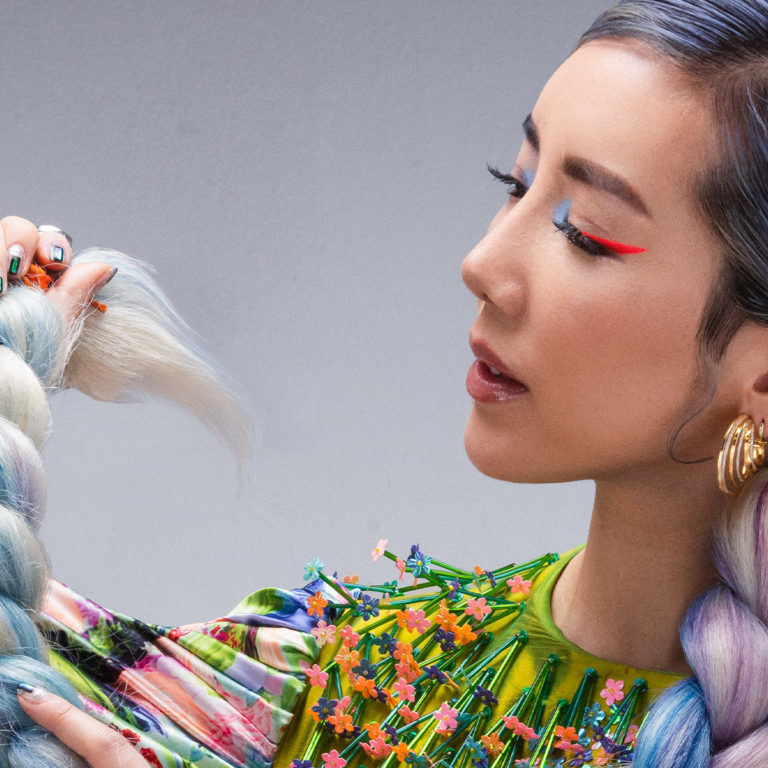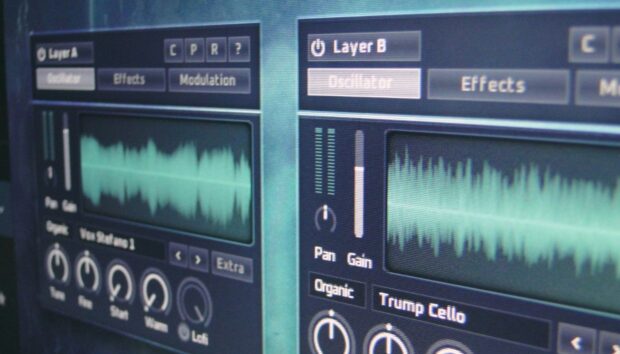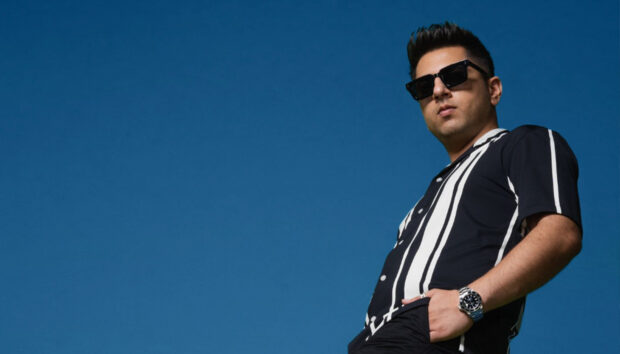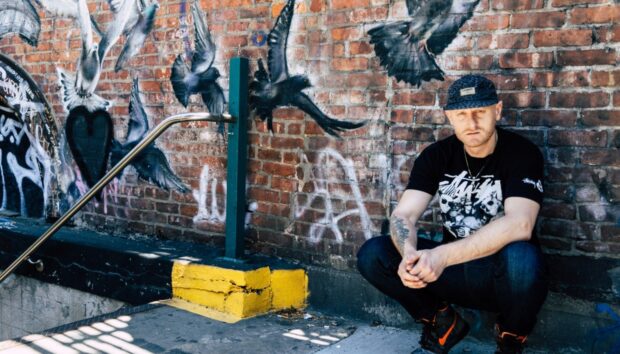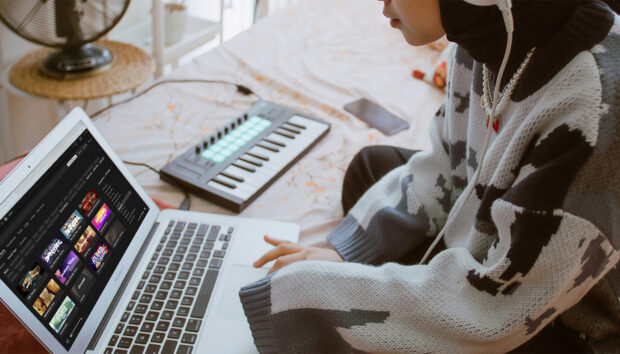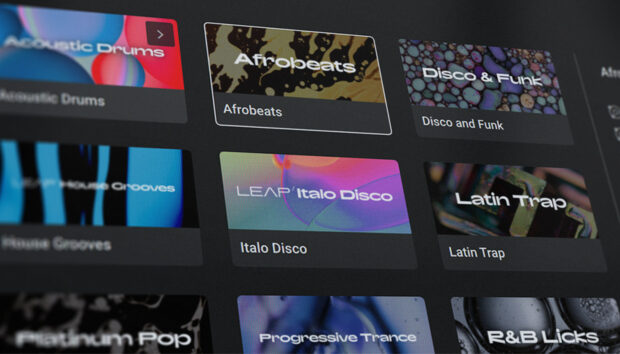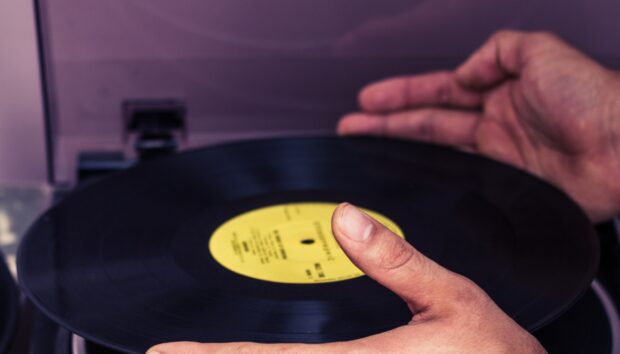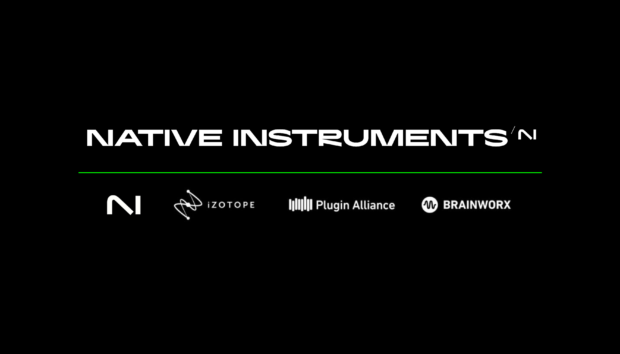Los Angeles-based electronic artist and producer Jennifer Lee, better known as TOKiMONSTA, owes it all to her community. “The city and the people really shaped me as an artist,” she explains over a Zoom call. Emerging alongside other local talents like Flying Lotus and Daedalus at the turn of the 2010s, Tokimonsta became one of many producers to break through in the West Coast beat scene, but unlike many of her contemporaries, Tokimonsta had the added pressure of being one of the only women and Asian Americans in her community.
In the early MySpace days, TOKiMONSTA recalls hiding her gender, fearful that if someone thought they were listening to production by a young woman, they would hold preconceived notions about her talent. “I was very mysterious back then, I had no photos up,” she laughs. At the time, there were a few women who she could look up to – her personal favorites were Bjork and Missy Elliott – but no one she felt was exactly like her. Eventually, as her career grew, she came to understand the magnitude of her success and the impact it could have on others. “I know that just by existing and accomplishing things, it feeds fuel to the younger generation,” she says.
Since then, she has survived a devastating health crisis, become the first woman and Asian American to be nominated for a Grammy in electronic music, started her own label, and most recently curated the Twitch event Every Woman, sponsored by Native Instruments among others, to provide more visibility for women in different music industry roles. In the two-day event, TOKiMONSTA provided a spotlight for a diverse group of women, from all areas of the music business, to share their advice, discuss pertinent issues, and give live-streamed performances like the one above. Through Every Woman, TOKiMONSTA has created her own open community of women, sharing in the highs and lows of working in music and helping each other succeed. “I learned so much from this event,” she says.
We called TOKiMONSTA to discuss Every Woman, how her community has played a role in her success, and what it’s like to be a trailblazer in music.
You’ve often been seen as a trailblazer. For example, you were the first woman and first Asian American to be nominated for a Grammy in electronic music. Do you feel a lot of pressure to act as a role model?
It is and it isn’t. I think in the earlier days, it was a lot more pressure because I had to constantly prove myself. Everyone else making beats was a dude. I worried they wouldn’t believe me, or even if my music was good, I would be judged more harshly because of who I was. But by the time I had got the Grammy nomination, I was very much tenured. I knew I had been doing this long enough. I had staying ability, and I didn’t come out of nowhere as a gimmick. You can strip me of my identity, and I still make really good music, you know? And that’s what’s important for me. Being this trailblazer is not something I intended to do, I just wanted to be a really dope musician. And in the process of that, my identity ties back into everything. The early days, I actually didn’t even want to say I was a girl, because I didn’t want people to judge or to have these preconceived notions about me, but as the person I am now, I realized that representation is so important. And even though I never set out to be a trailblazer, I take the responsibility of being that person. I didn’t have anyone like me when I was growing up. I know that by existing and accomplishing things, it only feeds fuel to the younger generation.
Is that one of the reasons you wanted to put on your event ‘Every Woman?’ To highlight other women, like you, who are thriving in the music industry?
100%. I also really wanted everyone to be able to watch it and learn something from it and see that it was quality programming. It could have been all dudes, and I would have learned just as much. But it’s all women and that’s just super amazing. It was really great to have such a diverse group of people as well. I think that by having that kind of representation, everyone gains from it. Diversity is ultimately so beneficial for all of society. I learned so much from the panels. I almost wish that we’d made our panels longer…
Was there anything in particular you learned from the ‘Every Woman’ panels that surprised or intrigued you?
Moving the Needle for Black Women in Dance Music was really great. They had this pertinent discussion about a lot of these female artists who are top line singers on popular songs. They make these beautiful melodies and lyrics, and usually all the attention really goes towards the producer even though, without the vocal, the song might not be quite as good. They spoke about how many times they’re not even featured as a songwriter, they’re just the vocal in a song. I learned personally that, as a producer, it is my responsibility to try to highlight and raise up these artists that we work with. It’s as simple as being, like, “hey so and so was featured on this track, but she just came out with an album.” Little things like that make a difference.
You’ve built such a sustainable career over the course of about 10 years in an industry known for burn out and high turnover. Do you have any advice for other young women hoping to have a career like yours?
The music industry is so fickle, but for me, the main thing is and always will be the fact that I love making music. I don’t care about fame, and I don’t care about anything else. I only care about the career because I need to make sure that I can survive off this and can continue to make the music. For a lot of people that are trying to get into the music industry, I think you have to really know why you want to do it. For a lot of the musicians I know that are really successful, a lot of them (even if they’re making a ton of money) don’t care about the money. They couldn’t care less, they just want to be able to make music and share it with the most amount of people possible. If you can stay true to your vision and not get caught up in a lot of the ancillary things, it’s possible to find success. It also takes a lot of self confidence to make it in music because you need to believe in your vision. I find it helps to have other friends that you make music with. I think, for me, a lot of my success comes from where I started, in my LA community of musicians.
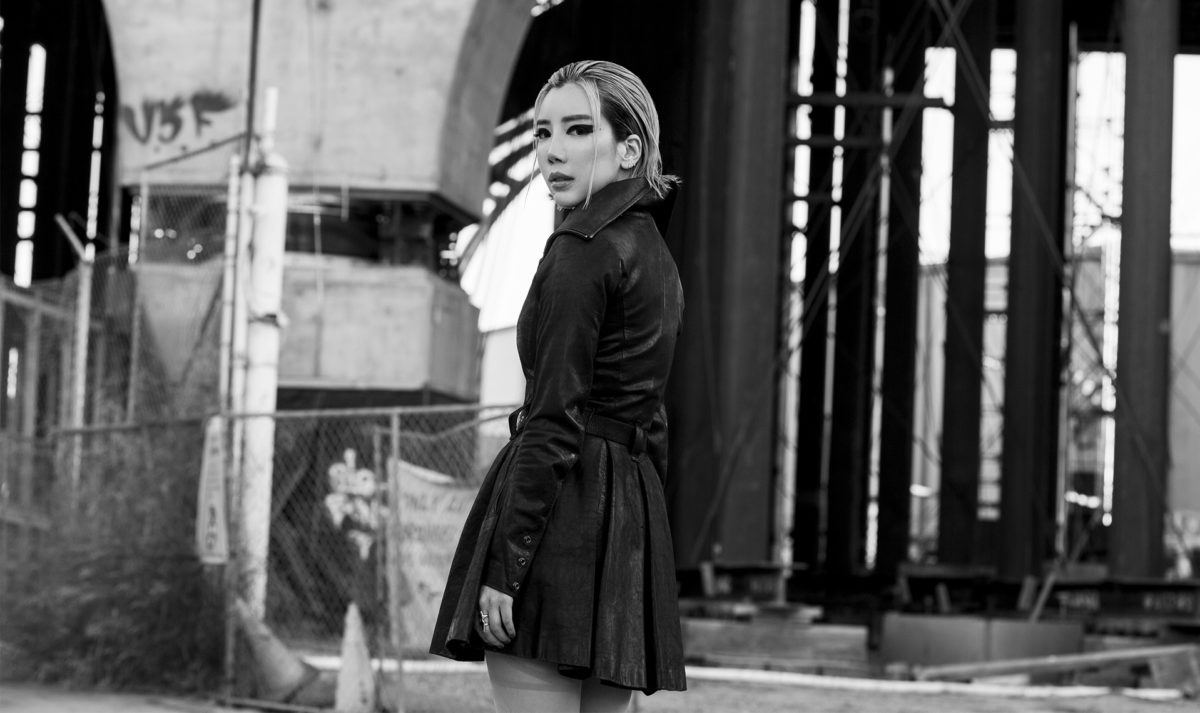
There are many new artists and producers starting off by making music in isolation, has community and collaboration played a major role in your success?
Yeah, especially as a musician starting out, having a scene in LA of fellow producers was important. In the beginning, we were all vulnerable and needed a place where we could all just share music together. During the years of the 2000s and early 10s, it was this big place for collaboration. It was just so accepting of people. No one questioned the music you made, so it really allowed you to experiment. You know, we don’t see each other like we used to because we’re grown up now, but it was a big part of my career. And a big part of the way I make music too. I’m always in awe of what a collaboration can bring into a song. It’s the best of both abilities, right? It’s the best of what I have and the best of what they have combined. I find that if you make music with someone that you like, and you enjoy hanging out with them too, the music is so much better.
You are involved in so many aspects of the music business. Beyond your work as a producer, you also have your own label and host your channel on Twitch. Why is it important to you to work in various aspects of the music industry?
I think it’s just the kind of person I am. I have so many interests. And the reason why I make music is because I love music. I love listening to music. There’s the music making side of me, and the music loving side of me. Through the label, I’m able to express my tastemaker side, and I get to pick these amazing artists and help them shine and share their music. I was always the kind of friend who would burn people CDs back in the day or send people random Spotify links to new music so that’s kind of my more professional way of doing the same thing. With the Every Woman event, I was thinking beyond myself, wondering what needs to happen right now. I knew I would really love to see something like this. I decided, if no one’s gonna do it, then I’m gonna do it. I’ve survived this long by being a go-getter. If I want to do something, I do it.
Do you plan to do more events in the future for Every Woman?
Yeah, I hope so. I really would love to see this manifest into something IRL, you know, post pandemic.
You can keep up with TOKiMONSTA on her website, or buy her music from BandCamp.








